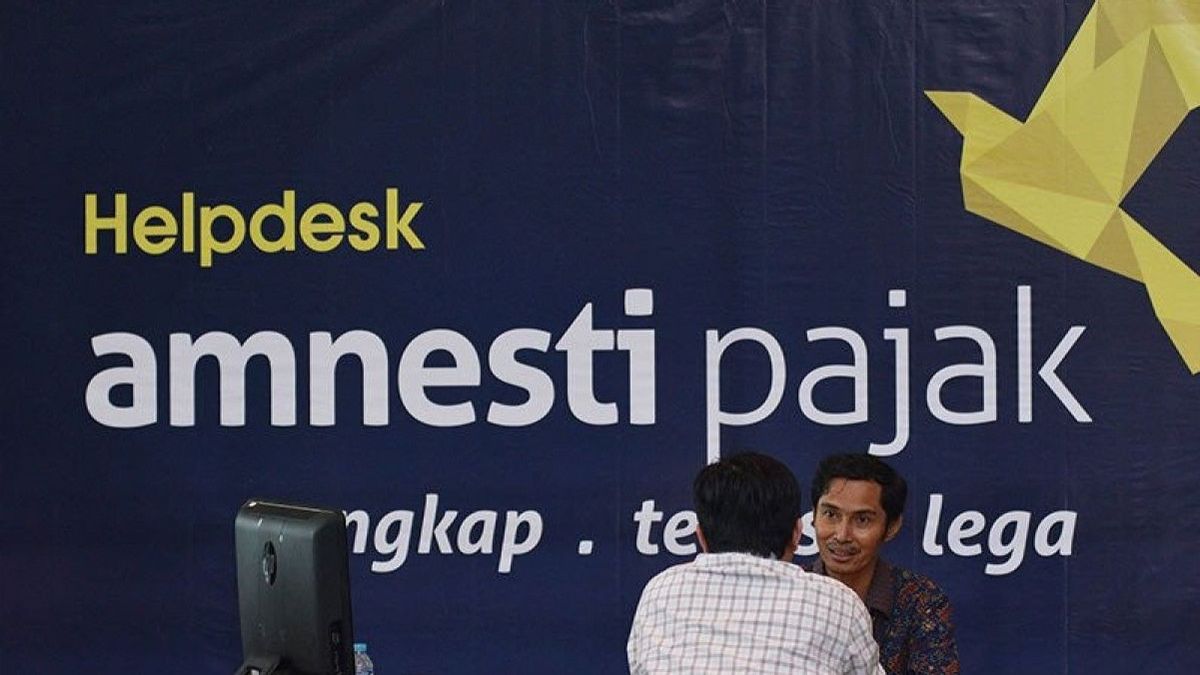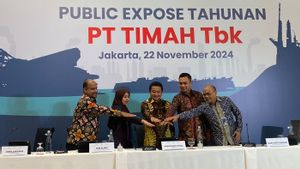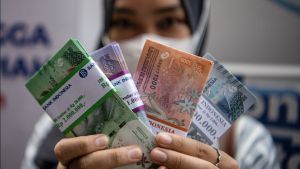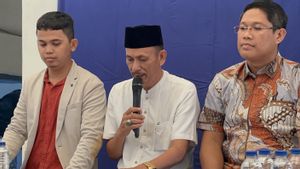JAKARTA - Deputy Chairman of Commission XI DPR RI, M. Hanif Dhakiri, emphasized that the inclusion of the Tax Amnesty Bill in the 2025 Prolegnas must be based on an analysis of the country's fiscal needs and clear targets.
He stressed that without reforming the basic tax system, this policy risks strengthening tax non-compliance and weakening confidence in the tax system.
"The Tax Amnesty Bill should not only be a temporary solution to increase state revenue," he said in his statement, quoted Friday, November 22.
According to Hanif, this program must be carefully designed and accompanied by comprehensive tax system reforms in order to have a long-term positive impact.
Hanif reminded that Indonesia had carried out two previous tax amnesty programs, namely in 2016-2017 and 2022.
According to him, the program has succeeded in significantly increasing state revenue, but also leaves a challenge in maintaining taxpayer confidence.
Therefore, Hanif underlined three important aspects that must be considered, namely first, tax amnesty must be part of a wider tax system reform.
Hanif explained that this program must be accompanied by the strengthening of the taxpayer's database, accelerating tax digitization, and firm law enforcement.
"This reform is important to ensure a more credible tax system and is able to encourage voluntary compliance with taxpayers," he explained.
Hanif said that the discussion of this bill needs to be carried out in a transparent manner and is based on clear needs. The government must present accurate data and analysis regarding the fiscal impact and projection of the benefits of this policy. Also, this policy must maintain justice for compliant taxpayers.
"Don't let tax amnesty create inequality or perception that non-compliance can be forgiven without consequences. This can damage public confidence in the tax system," he said.
However, according to Hanif, the Tax Amnesty Bill also has urgency, namely attracting large enough funds that have been outside the state's financial system, to boost revenue, encourage growth and strengthen state finances.
Hanif conveyed that the black money from the underground economy and transfer pricing from exports parked abroad are great potential that must be integrated into a formal economic system.
SEE ALSO:
Therefore, Hanif explained, everything must be calculated so that, plus-minus and the design of the tax amnesty must be studied in depth.
In the end, despite being included in the National Legislation Program, the discussion of this bill still depends on its relevance and urgency.
"If after reviewing the benefits are not optimal or detrimental, the discussion can be postponed or even removed from the National Legislation Program. If the benefits are great, we will continue," he concluded.
The English, Chinese, Japanese, Arabic, and French versions are automatically generated by the AI. So there may still be inaccuracies in translating, please always see Indonesian as our main language. (system supported by DigitalSiber.id)












